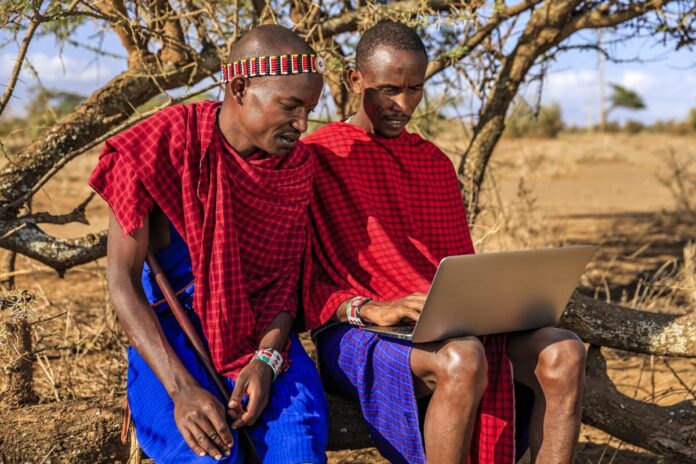The intensification of the global race for control over data finds South Africa playing a major role in the formative concept for a sovereign digital future. Nearly constant concern over issues related to cybersecurity and foreign surveillance—not to mention some vestiges of digital colonialism—this is where the country leads an emerging pathway toward a new notion of data sovereignty founded more on domestic control, regulatory autonomy, and enhanced protection for its fast-growing community of digital citizens.
This is not some technological shift. It is a political, economic, and strategic movement that will re-aggregate South Africa’s interest in the global digital economy.
What is data sovereignty—and why now?
Data sovereignty is the principle that data about one country’s citizens, companies, and institutions should be housed, processed, and managed under the legal jurisdiction of that particular country. This principle has begun to take root in various parts of the world as countries seek to exercise more authority over their digital infrastructure in a landscape dominated by foreign technological behemoths. The urgency is 70% of African data is stored outside the continent.
- Local markets are dominated by foreign cloud service providers.
- Increasing vulnerability of sensitive public and private sector data to foreign influence.
The government, together with technology leaders and digital rights activists, is raising the alarm bells and moving to change the course.
South Africa’s Digital Autonomy Strategy
A vision of technological autonomy drives the country’s digital transformation. Several recent moves indicate a shift toward sovereign data governance:
Draft Data and Cloud Policy has been initiated by the Department of Communications and Digital Technologies to regulate cross-border data flow, encourage local data centers, and promote state-owned cloud infrastructure. The Personal Information Protection Act is fully implementable from 2021. This gives a strong legal base to ensure data privacy in South Africa and protection against any kind of abuses from foreign entities.
Partnerships for Local Cloud Infrastructure- The government inspires the public sector and South African technology organizations in a joint venture to create independent, African data storage solutions. Innovation vs. Sovereignty Though international technology firms have an important role to play in innovation and investment, what has been developing in South Africa is not some form of isolationism through the country’s drive for data sovereignty. Rather, it is about ensuring that all forms of South African data work for the benefit of the country and its people—economically, socially, and politically.
High stakes. Data becomes the ‘new oil’, driving the artificial intelligence wave, smart governance, financial technology, education, and healthcare systems. Without domestic control, South Africa could turn out to be a digital assets exporter with no inbound benefits. Private Sector Collab and Public Awareness
Big businesses and new firms are seeing the plan-based worth of national data control. Many banks, insurers, and health groups have already started shifting key tasks to local data hubs due to rules pressure and political danger.
At the same time, digital literacy drives and civil society orgs are pushing efforts to sensitize people about their data rights, cyber threats, and digital self-determination—so that when Data Sovereignty finally makes it to the public discourse, it happens as a bottom-up demand and not just another policy directive.
The arrival of data sovereignty signals a shift in South Africa’s digital journey. As the country takes back its data, it is also taking back its strength— to rule, to create, and to shape a future based on its own digital rules.
The plan is daring but the risks require it: an actual sovereign South Africa must adopt digital autonomy.
